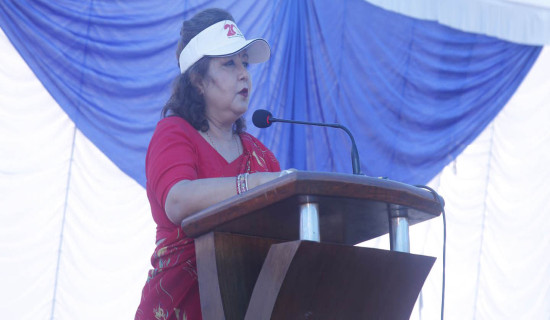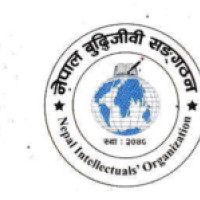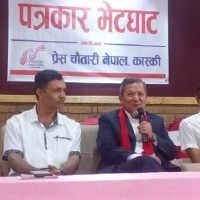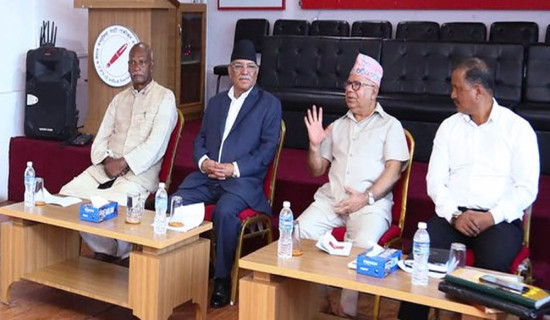- Friday, 22 August 2025
Income tax on agriculture for first time in Karnali
By Our Correspondent,Surkhet, Aug. 16: Eight years after the establishment of Karnali Province, the Karnali Provincial government has started levying income tax on agriculture for the first time.
Schedule-6 of the Constitution has given the provincial government the sole right to impose income tax on agriculture.
According to Section 8 and Schedule-4 of the Finance Act introduced by the provincial government for the current fiscal year 2025/26, now income from the sale of agricultural produce produced within the province will be taxed at a prescribed rate. Earlier, the agricultural sector was not brought under the tax net.
According to the new arrangement, annual agricultural income up to Rs 500,000 will not be taxed. However, for farmers earning more than that, the tax will be charged.
One per cent tax will be charged for income from Rs. 500,000 to Rs. 2.5 million, 1.5 per cent for income from Rs. 2.5 million to Rs. 5 million, 1.75 per cent for income from Rs. 5 million to Rs. 10 million and 2 per cent for income exceeding Rs. 10 million. This arrangement has been brought to strengthen the internal income of the province. Government data shows that financial base of the Karnali Province has been weak in the past due to delays in making the necessary laws.
In the last fiscal year 2024/25, the province collected an internal revenue of Rs. 659.45 million, which is less than the target. Since the establishment of province, only Rs. 3.457 billion has been collected in internal revenue.
Tax on barren cultivable land as well
The Karnali provincial government has made legal provisions to impose a tax on those who keep cultivable land barren from this fiscal year.
According to Section 23 and Schedule-13 of the Finance Act 2082, if first and second class cultivable land is left barren, a tax will be levied on an annual basis. A tax of Rs. 500 will be levied for up to 10 ropanis of land, Rs. 1,000 for 10 to 20 ropanis and Rs. 1,500 for more than 20 ropanis.
This tax will be regulated by the Ministry of Land Management, Agriculture and Cooperatives in coordination with the local level.
According to Minister for Land Management, Agriculture and Cooperatives Binod Kumar Shah, the trend of keeping cultivable land barren has increased due to lack of manpower and irrigation facilities and other reasons.
"The purpose of this tax is not only to punish, but also to encourage the farmers to cultivate crops in their barren land. Similarly, the government has come up with a plan to facilitate bank loans and provide interest subsidies to youth farming on barren land," he said.
"The provincial government will pay the entire interest of loan of those farming on more than five hectares of land, while 7 to 10 per cent interest subsidy will be provided for those farming on less than five hectares of land," said Minister Shah.
The provincial government has decided not to provide subsidies to local levels that do not collect revenue and pay it to the provincial consolidated fund.
The act also includes a provision that if the amount collected from sources such as advertisement tax, entertainment tax, tourism fee, natural resource royalty, forest produce fee, vehicle tax, real estate registration fee, government's property sale income, sales and distribution fee, service fee, application fee, public health laboratory fee, construction material testing fee and environmental protection fee is not paid, the financial equalisation grant will be cut and adjusted.

















